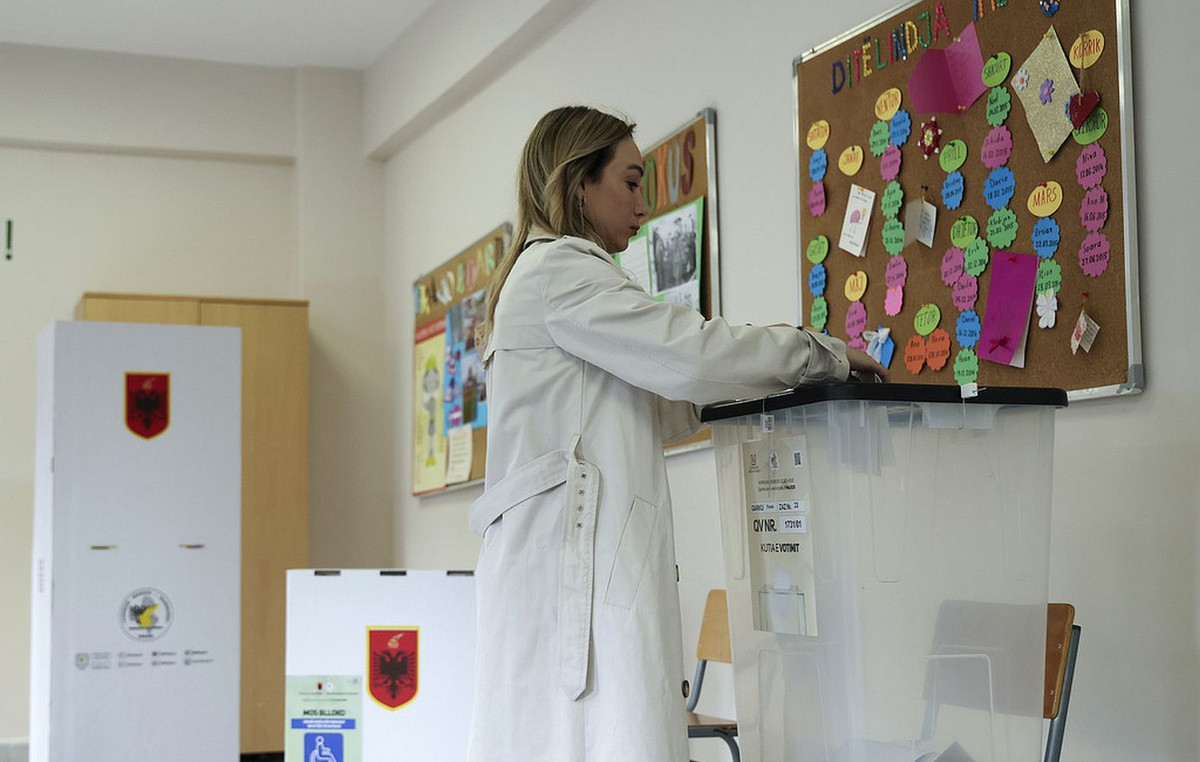Like most Beijingers, Wang was happy and relieved when she learned last week that China was abandoning almost all restrictions under the Covid-zero policy. A day later, the 43-year-old woman lost her job where she carried out Covid-19 tests.
“Our group leader told me personally that I was no longer needed because of the new policy,” she told Reuters, declining to give her full name.
After outcry, the Chinese government eased some restrictions earlier this month before abruptly abandoning most control measures — including mandatory mass PCR testing carried out across much of the country.
The turnaround in posture meant an overnight change for companies involved in quarantine products and services, contagion tracking and movement monitoring.
Analyst estimates assembled by Reuters in May put China’s planned Covid-19-related spending this year — of which these industries formed a large part — at around $52 billion.
Some less conservative estimates have put the potential cost of this year’s mass testing at 1.5% to 1.8% of China’s Gross Domestic Product, more than Qatar’s GDP.
canceled bids
In the past two weeks, more than 30 local governments have canceled bids for services and products related to Covid-19 control, a Reuters analysis showed.
Companies that have made huge profits from mass PCR testing have seen their shares drop this month. Shares in Shanghai Labway Clinical Laboratory fell 11%, shares in Guangdong Hybribio fell 8%, while shares in Dian Diagnostics Group lost 5%.
The companies did not respond to Reuters requests for comment.
Over time, a return to more normal economic activity should help more people find jobs.
The new senior-focused vaccination push could provide employment for laid-off testers, while local authorities can hire staff to support vulnerable residents or elderly people staying at home, said Alicia Garcia-Herrero, chief economist for Asia Pacific at Natixis.
“All the money that was invested in mass testing is not going to just disappear, when you increase spending like that, it’s hard to cut it.” Wang, who had gotten her job as a tester just three weeks before she was laid off, said it was annoying to be looking for a job again. But she didn’t seem to mourn the loss of work that meant walking around for hours in a sweaty hazmat suit dealing with ill-tempered residents.
“At least the economy will improve with these changes, so it will be easier for me to find a job,” she said.
Source: CNN Brasil
A journalist with over 7 years of experience in the news industry, currently working at World Stock Market as an author for the Entertainment section and also contributing to the Economics or finance section on a part-time basis. Has a passion for Entertainment and fashion topics, and has put in a lot of research and effort to provide accurate information to readers.







